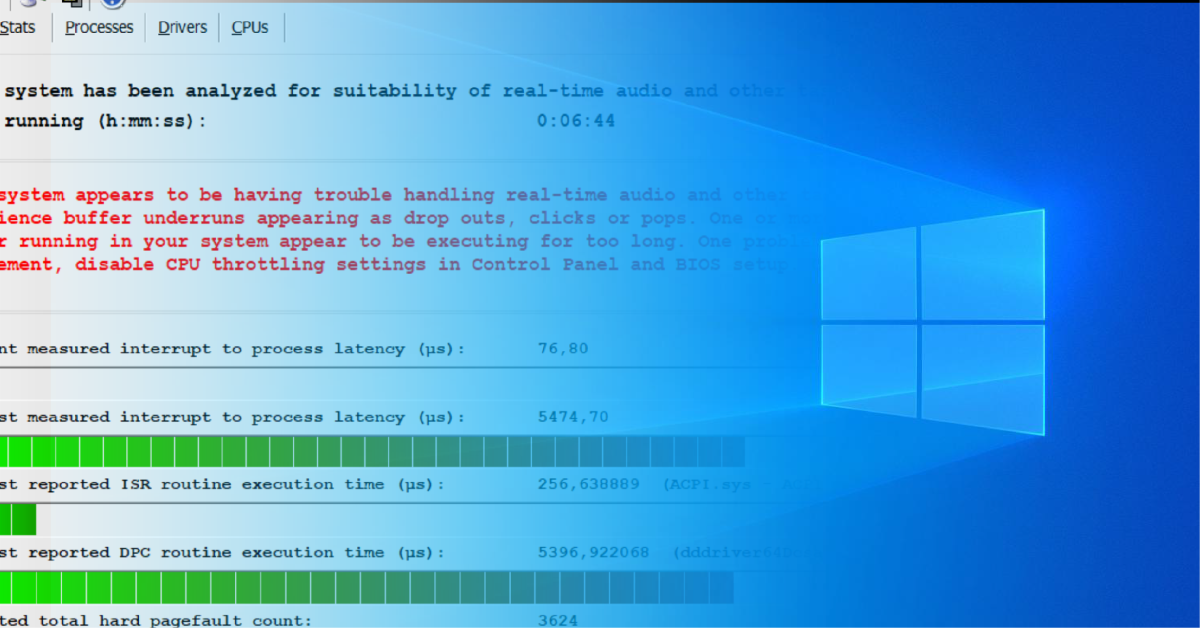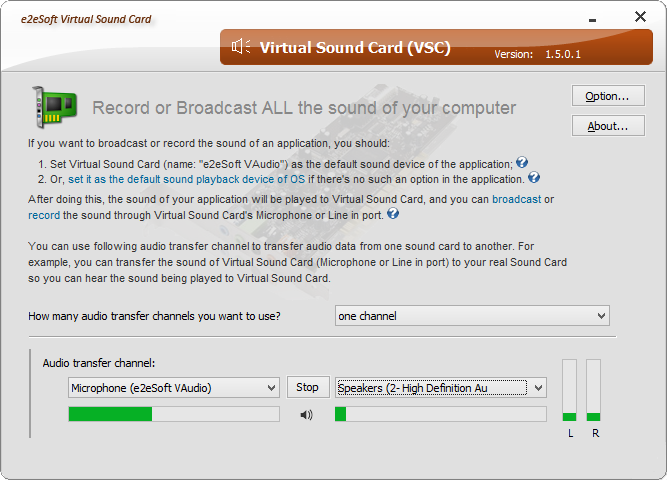
Base Set Checklist. Veterans/Legends – #1-100 Rookies – #101-200 Rookie Jersey Autos – #201-242. Electric Etch Parallels. Even more valuable are Refractor parallels, which fall 1:12 packs, on average. That may not sound too tough for an unnumbered parallel but there are 220 cards in the base set so they don't appear too often. Is a developer of desktop and server virtualization software. Released on June 15, 2006, it was the first software product to bring mainstream virtualization to Macintosh computers utilizing the Apple–Intel architecture (earlier software products ran PC software in an emulated environment). The throwback cards bring a blast of chromium along with a relic swatch for classic rookies. Numbered parallels include Green Refractor (#/99), Orange Refractor (#/25), Red Refractor (#/5), SuperFractor (1/1) and Autograph Refractors. Release Date: August 7, 2020 Hobby Configuration: 4 cards per pack, 24 packs per box, 12 boxes per case.
There has been some early success geting Ubuntu up and running on Apple's M1 ARM hardware with using the Apple Hypervisor Framework but it looks like a much better experience is on the way with the forthcoming Parallels Desktop for Apple Silicon. Parallels this week began rolling out a technical preview program of Parallels Desktop 16 for the Apple M1 Macs for running the likes of Microsoft Windows from ARM-based Macs. Ubuntu also turns out to run rather nicely from this early build of Parallels Desktop.
Parallels this week began rolling out a technical preview program of Parallels Desktop 16 for the Apple M1 Macs for running the likes of Microsoft Windows from ARM-based Macs. Ubuntu also turns out to run rather nicely from this early build of Parallels Desktop. Debian/Ubuntu developer Matthias Klose shared that with a Mac Mini and the Parallels preview build, he got Ubuntu up and running by making use of the Ubuntu Server 20.10 build. Though there are some limitations like only being able to use 8GB of RAM within the VM even for systems having 16GB, IPV6 not working with a bridged network, and no support for ARM32 binaries but at least some of those limitations are likely to be worked out soon. When getting the Ubuntu desktop running within Parallels Desktop will also be a matter of graphics acceleration support.

 Matthias shared his early successes for Ubuntu on the M1 via Parallels. As for the performance, 'gcc-10 build and test time is 3:10h with eight cores (38h on LP, although this is using four cores). Julian had a small apt build benchmark, which is 11.6 sec on the M1 (-j 8), 42sec on a Lenovo first-gen X1e (6 cores, -j12), 8.4sec on a Ryzen 3970x (limited to -j 8).'
Matthias shared his early successes for Ubuntu on the M1 via Parallels. As for the performance, 'gcc-10 build and test time is 3:10h with eight cores (38h on LP, although this is using four cores). Julian had a small apt build benchmark, which is 11.6 sec on the M1 (-j 8), 42sec on a Lenovo first-gen X1e (6 cores, -j12), 8.4sec on a Ryzen 3970x (limited to -j 8).' 
I'll be trying out the Parallels Tech Preview soon on the Apple M1 for looking at the Linux performance.